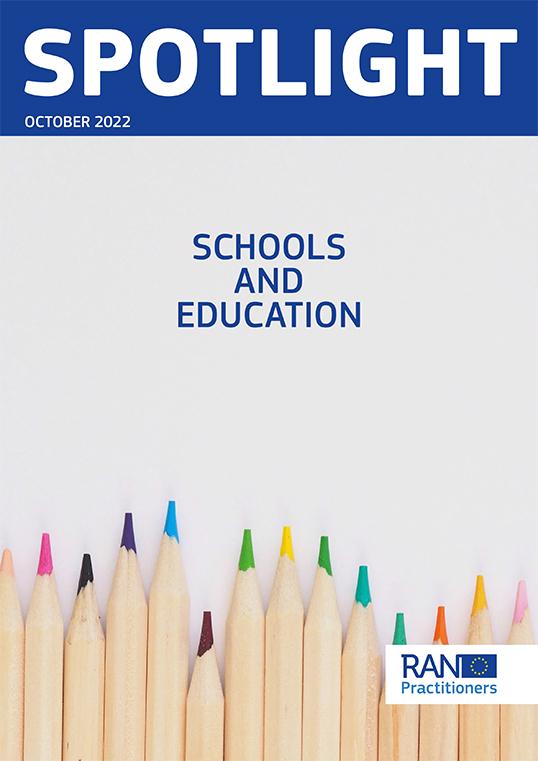
The main role of schools and universities is to prepare young people for adulthood and to become active citizens and positive members of society. In so doing, their role is to ensure that young people are equipped with the skills, tools and knowledge necessary to access opportunities and succeed in life. One of the main challenges in this work is to safeguard young people of negative and harmful influences, such as those that seek to radicalise and recruit them to violent extremist causes – particularly given progressively younger school children are being targeted by violent extremist organisations and becoming ensnared in extremist ideologies.
Teachers and other educational professionals, both in school and outside, play a critical role in protecting young people from such radicalising influences and preventing them from turning to extremism. To do this, it is important to build their resilience to these influences while strengthening democratic citizenship among them. This can often involve facilitating discussions with young people on controversial topics in a productive and meaningful manner, developing their critical thinking skills and guiding them in making the right decisions, helping them to understand democratic and social values, and helping them to form their own identity.
Pre-schools, home-schools, supplementary schools and denominational schools (both offline and online) represent an expression of freedom of choice, religion and diversity in European society. Meanwhile, there are concerns that some of these schools encourage the self-segregation of children from the rest of the society and/ or offer a problematic curriculum to pupils. There is therefore a very real need for Member States and education professionals alike to consider ways in which to safeguard children in these educational settings from radical influences.
In this Spotlight, RAN Working Group leads, practitioners and experts from outside of the network, share their insights on radicalisation challenge in education settings. This Spotlight includes content on the state of play for P/CVE in schools today, the role of teachers and current pedagogical approaches, and the challenge posed by problematic informal and non formal education in schools. Many of these topics have been addressed by RAN Practitioners through Working Group meetings and other activities in 2022. This Spotlight publication captures the highlights from some of these activities and points practitioners to where they can read and find out more.
As always, we want to hear from you. If you would like to contribute to future editions of Spotlight, or if you have ideas for an article, interview or feature, please get in touch with the RAN Practitioners communications team at ran radaradvies [dot] nl (RAN Practitioners communications team).
radaradvies [dot] nl (RAN Practitioners communications team).
